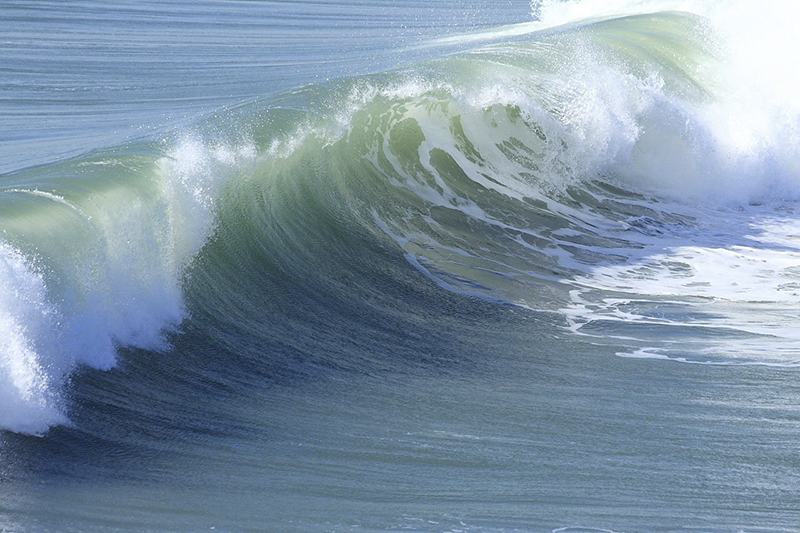What to do - Tsunami

Knowing the environment in which you live, work, or stay is important to better respond in case of an emergency. Learning how to prevent and reduce the effects of tsunamis is a task for all of us.
Share what you know in your family, at school, with friends and colleagues: spreading information about tsunami risk is a collective responsibility to which we must all contribute.
If you live, work, or stay in a tsunami-prone area:
- Learn about your municipality's civil protection plan to find out the danger zones, evacuation routes and times, signs to follow, and waiting areas to reach in case of emergency.
- Obtain safety information about your own house and the surrounding area.
- Ensure that your school or workplace has an evacuation plan and that periodical simulation exercises are carried out.
- Be prepared for the emergency with your family and plan how to reach escape routes and waiting areas.
- Have supplies of water and food in the house and prepare an emergency kit containing, for example, a copy of documents, a first-aid kit, a flashlight, a battery-powered radio, etc.
At the beach or coastal area
If you receive an alert message indicating the possible arrival of a tsunami wave or recognize at least one of these phenomena:
- a strong earthquake you have felt yourself or that you have heard about
- a sudden and unusual retreat of the sea, a rapid rise in sea level or a big wave extending across the whole horizon
- a deep and increasing noise coming from the sea, like that of a train or a low flying aircraft.
• Move away from the water and quickly reach the nearest elevated area (such as a hill or the upper floors of a building).
• Warn those around you of imminent danger.
• Run on foot, following the fastest escape route.
• Please do not go by car, it could become a trap.
On a boat
You may not recognize the signs of a tsunami, so it is important to always listen to radio reports.
• If you are in a boat and you get news of an earthquake on the coast or at sea, move further offshore.
• If you are in port abandon the boat and secure yourself in a high place.
- Stay in the area you have reached and discourage anyone from returning to the coast: the first wave might be followed by more dangerous ones.
- Check the health conditions of the people around you and, if possible, give first aid assistance.
- Listen to the authorities to find out when it’s safe to leave and what to do.
- Use the phone only for emergencies.
- Do not drink tap water.
- Do not eat foods that have come into contact with the water and materials transported by the tsunami: they may be contaminated.
- If your home has been affected by the tsunami, do not return without permission.
A tsunami can be generated by an earthquake or volcanic activity: be informed about what to do in case of an earthquake or eruption.